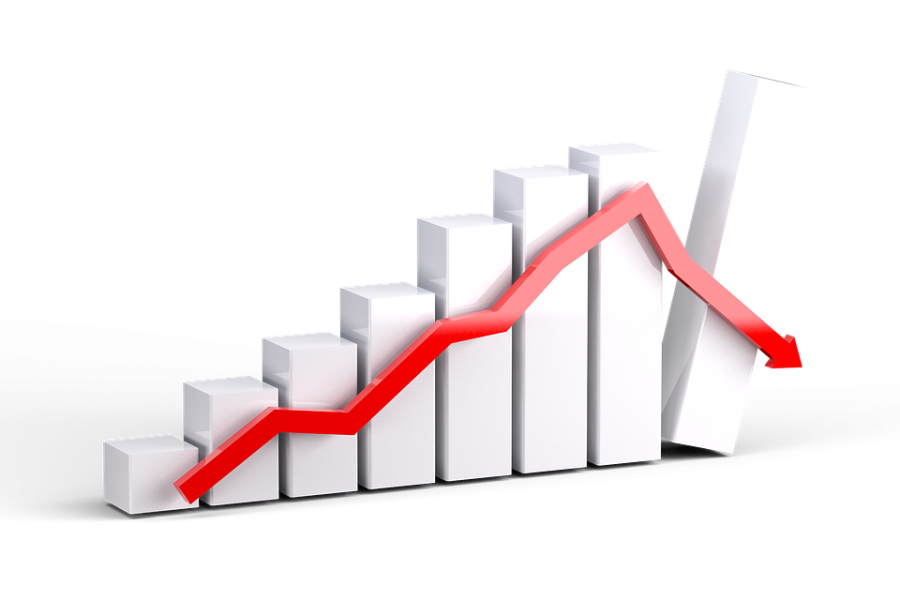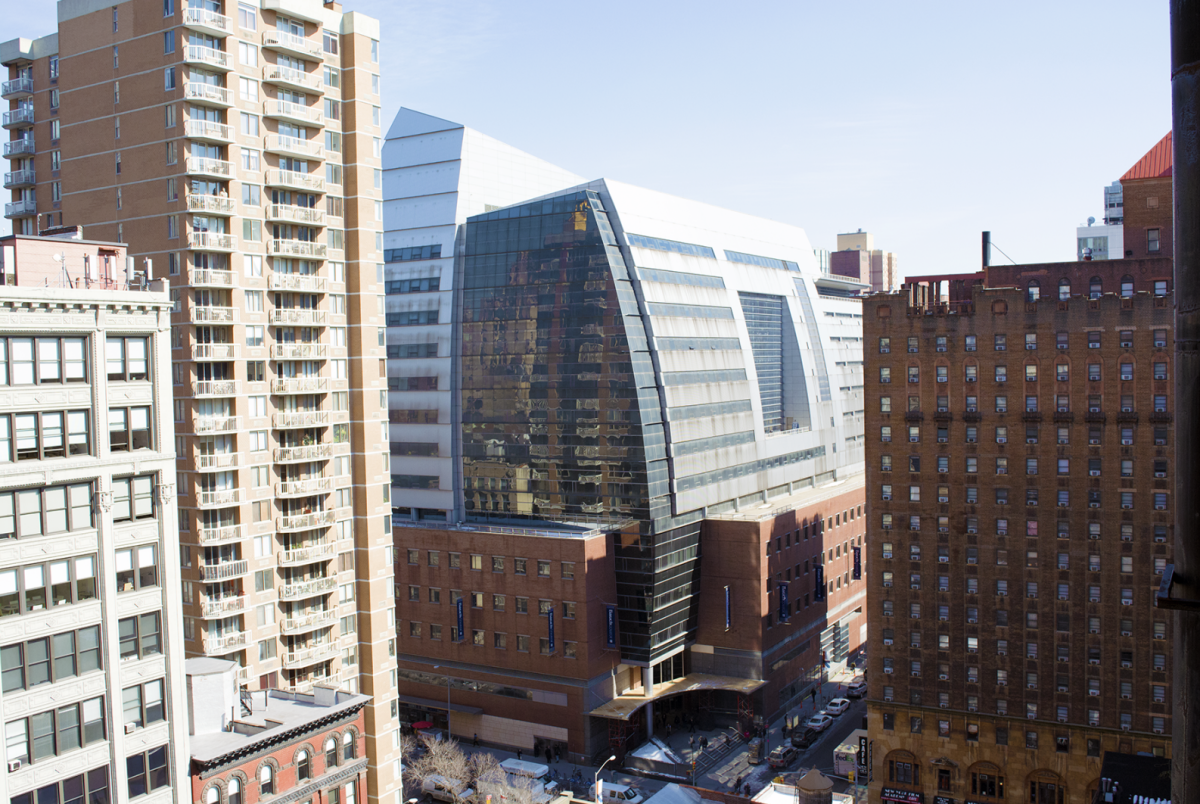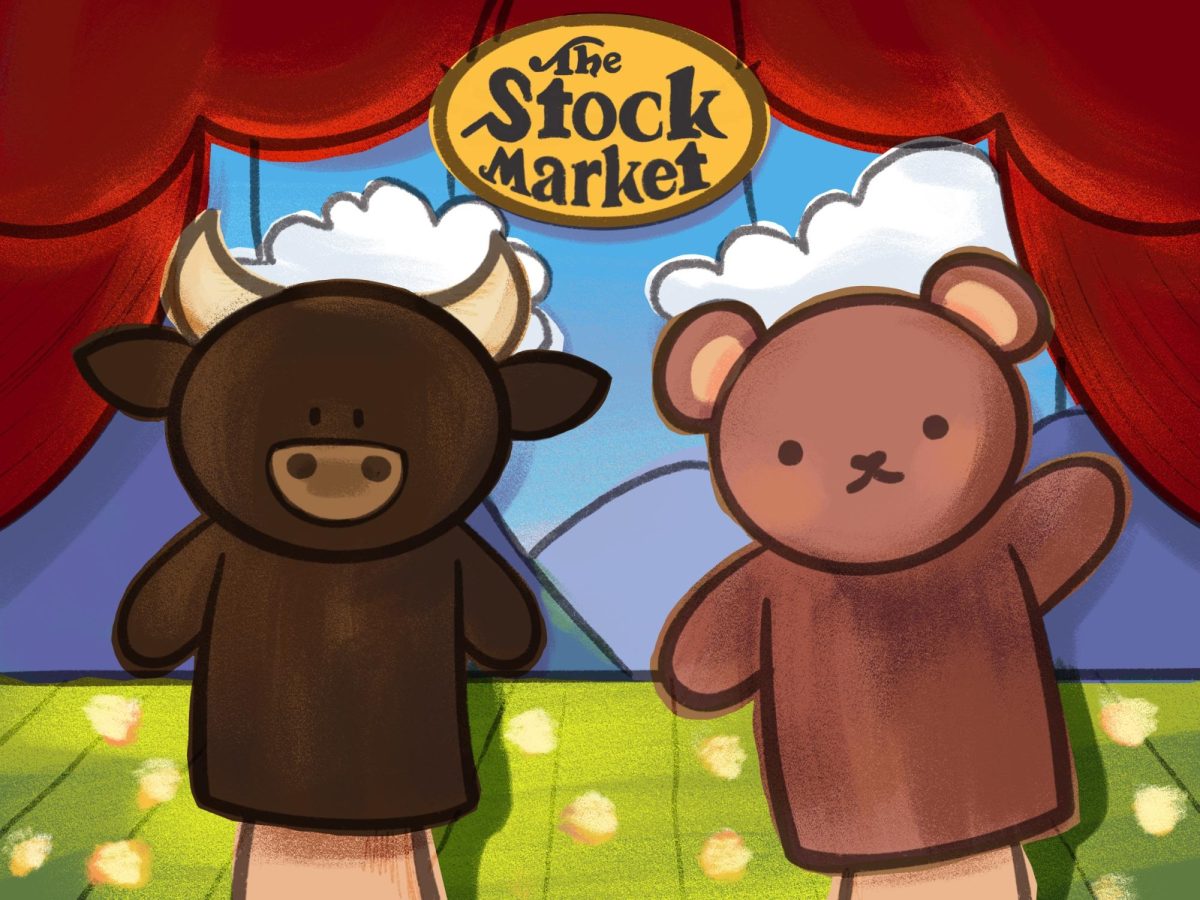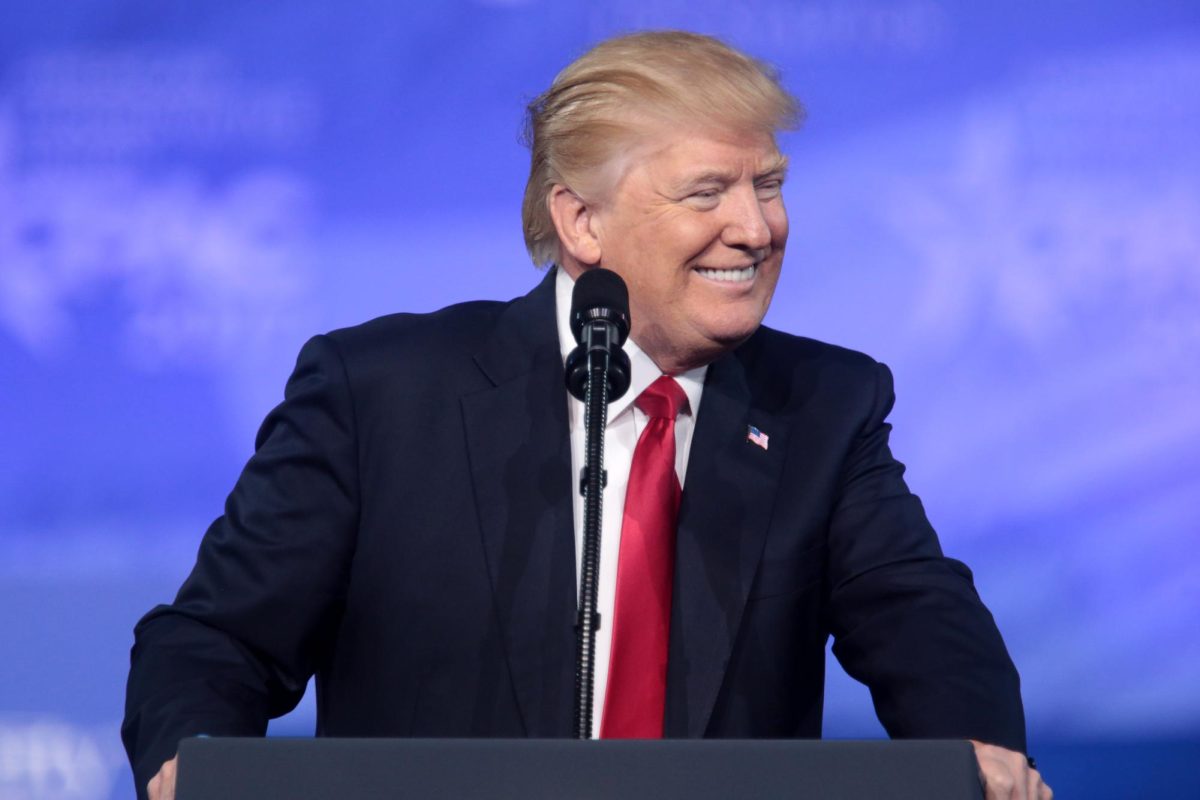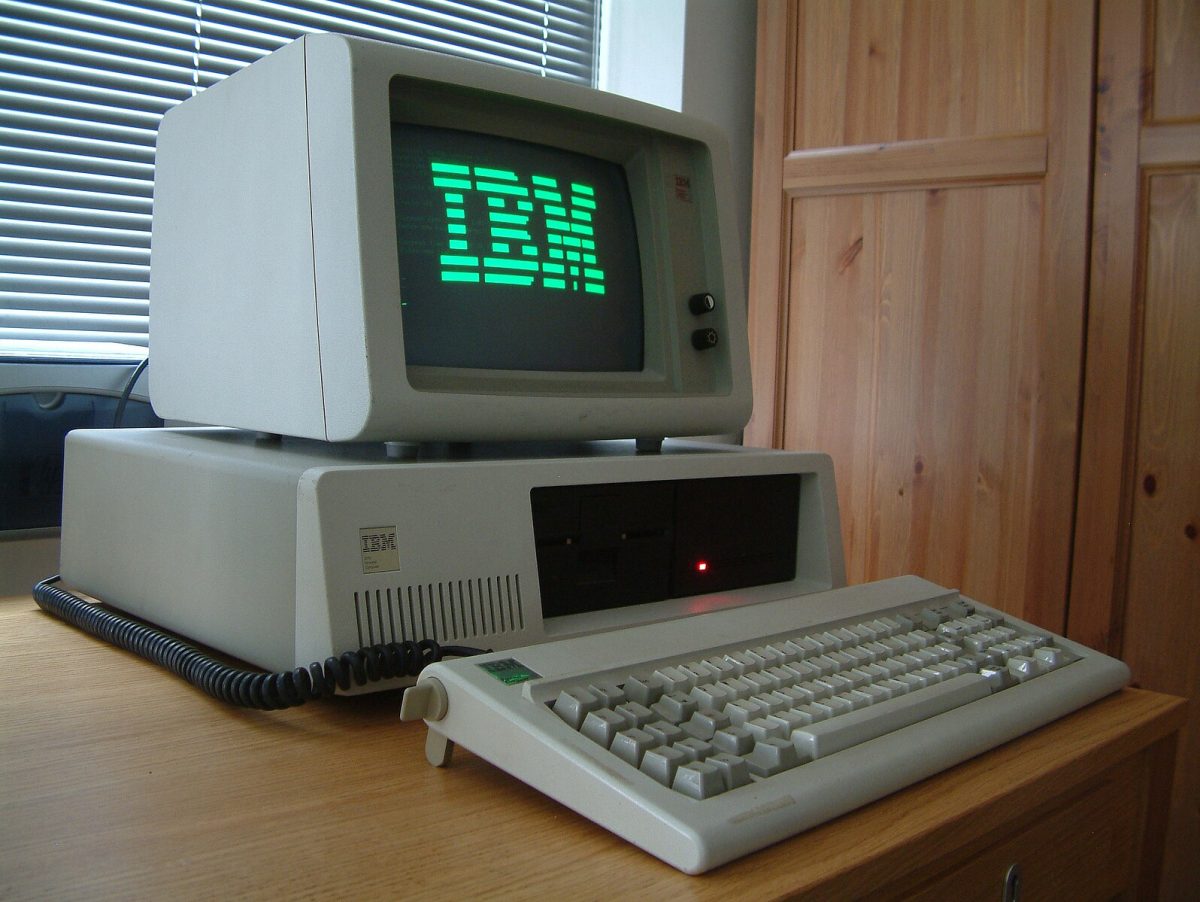It has been 15 weeks since the civil unrest began to take a whole new twist in Hong Kong. The Chinese government in Beijing is beginning to feel a sharp toll on an economy already hit by the U.S.-China trade war.
The protests began as peaceful weekend marches, but they have become a daily event of civil warfare. As police use of nightsticks, riot shields and tear gas has been countered by demonstrator petrol bombs; retail, business and tourism are taking a hit.
Global brands like The Walt Disney Co. and Prada have warned of the impact that Pacific Airways and other airlines had to cancel hundreds of flights due to numerous shutdowns throughout August leading up to September.
Investors or economists are bound to have seen and felt the international effects. More than $600 billion dollars of stock market value has been erased since early July, and analysts are expressing concern that real property values could slump. GDP expanded just 0.6% in the second quarter of the year showing ominous signs of economic slowdown.
The continued unrest could raise the possibility of an impending recession, according to Bloomberg Economics.
This is not only impacting China but the world as a whole. Hong Kong is a critical hub for global trade and finance.
It was the world’s seventh-largest exporter of merchandise in 2017, according to the World Trade Organization. It is also the third leading global financial center, after New York and London, says the Global Financial Centre Index.
Federal Reserve Chairman Jerome Powell has recently lowered interest rates by a quarter of a percent on July 31 intended to rescue a failing economy, protect the United States from slowing growth in China and Europe and to quell uncertainty concerns over the trade war.
Currently economic indicators like the inverted yield curve and declining business confidence could lead to more rate cuts in the near future.
Over on the political front, the protest helps veer the world’s attention to a government that put itself before the people. U.S. companies will cease capital investment in Hong Kong and that wealthy local families will stop buying property there says Kyle Bass, the founder of the American hedge fund Hayman Capital Management, in an article by The Guardian.
He stated, “If you look at geopolitics through history, when people lose faith in their leadership, when they lose faith in their police, there is no getting this back. The bottom line is that the leadership in Hong Kong has abandoned their constituency in favor of Beijing.”
Hong Kong has much history, from the time of British rule, to its unique kind of autonomy since 1997, its constitution, and culture.
The recent protests are only showing how valuable it is to its natives and how they are willing to sacrifice to stop injustice even from Beijing.


